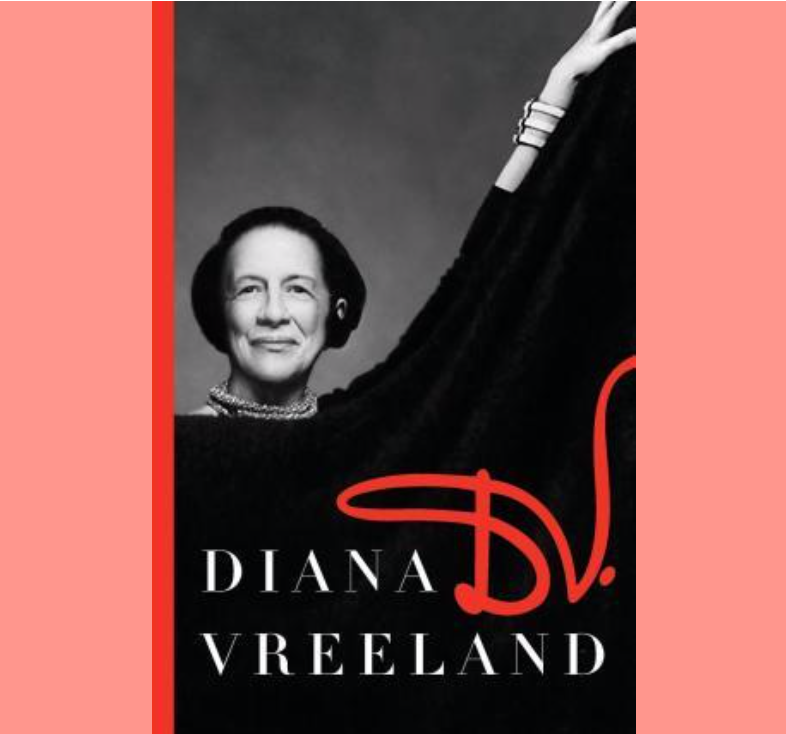Brilliant Books Club: This Is Big
This Is Big: How the Founder of Weight Watchers Changed the World— and Me
By Marisa Meltzer (Hachette)
Marisa Meltzer began her first diet aged 5. Nearly 4 decades later, she reflects on how diet culture has affected her, exploring the life of Weight Watchers founder, Jean Nidetch, and the parallels between the two women’s lives. Marisa took some time to answer our latest book club questions.
If you’re stuck in a lift with a cynic, what would you say to encourage them to read your book?
This Is Big is about the incredible story of Jean Nidetch, the woman who founded Weight Watchers, and the rise of the diet industry. It’s also about me, a woman who started dieting at the age of 5, and, at 40, is trying to reckon with what that means.
What are three lessons you want readers to take away?
It’s okay to want to change your body. You’d have to live in a yurt in Montana not to be influenced by the world around you, and even then, you’d probably still have wifi and compare yourself to cute girls on Instagram.
It’s also okay to want to love and accept your body. We live in a world of impossible beauty standards and impossible expectations. Those two things—wanting to change and wanting to accept yourself—don’t have to be two different sides you have to choose from. There is a middle road that might feel more sane.
What inspired you to write the book? Was there a particular event/thought which set you in motion?
I read Jean Nidetch’s obituary in 2015 and had no idea that there was anyone who invented Weight Watchers, let alone a working-class housewife from Brooklyn who started a company in an era where she had to get her husband’s signature on the lease for her first location. I knew what I was reading was just the beginning of her story. I wanted to know more, and I also wanted to learn from her as I tried to put all of my dieting and frustrations around it into perspective.
What’s been the biggest adversity you’ve faced - and what did you learn from the experience?
Part of this book is about me doing Weight Watchers for a year. I didn’t lose a ton of weight and I didn’t have some kind of big Hollywood ending where I make myself over and meet a perfect man in the end. As a storyteller, I wanted a perfect ending like that, but that isn’t real life. So I knew I had to figure out a way to explain my own ambivalence and imperfection. It ultimately made the book stronger and more complex.
>> Watch Marisa talk to Tim about how relationship with food and how it’s now in much healthier place
What piece of advice/wisdom from your book don’t you follow enough?
Oh, probably to put down the fork, as Jean Nidetch might say in her no-nonsense way.
What’s the most moving - or strangest - reaction you’ve had from a reader?
I get a lot of unsolicited diet advice, which I don’t love receiving, mostly because they’re telling me about going plant-based or low carb as if I haven’t heard of it before. I thank them and try to be polite but the truth is that dieting is really complex, both physically and emotionally.
Which book (by another author) has you changed your life - and why?
Diana Vreeland’s memoir DV is wild and shows a way of writing about one’s own life that can be thrilling. Who cares if it’s even true?
And, most importantly, what snack keeps you going whilst writing?
I have a devastating sweet tooth, so I want nothing more than a piece of cake or a chocolate chip cookie at around 3:00 pm. I love peanut butter cups and always want to keep some in my freezer, but I have no self-control over them.








